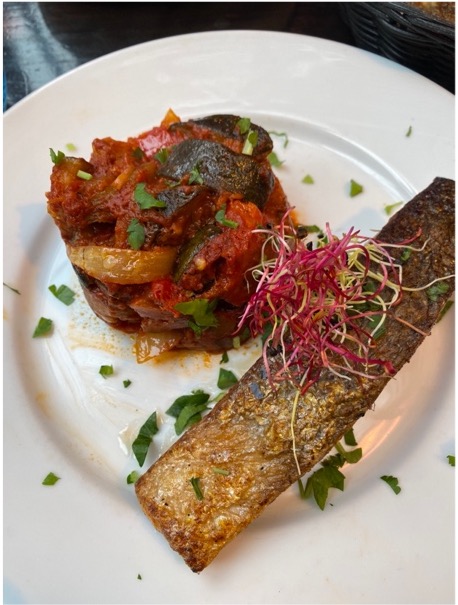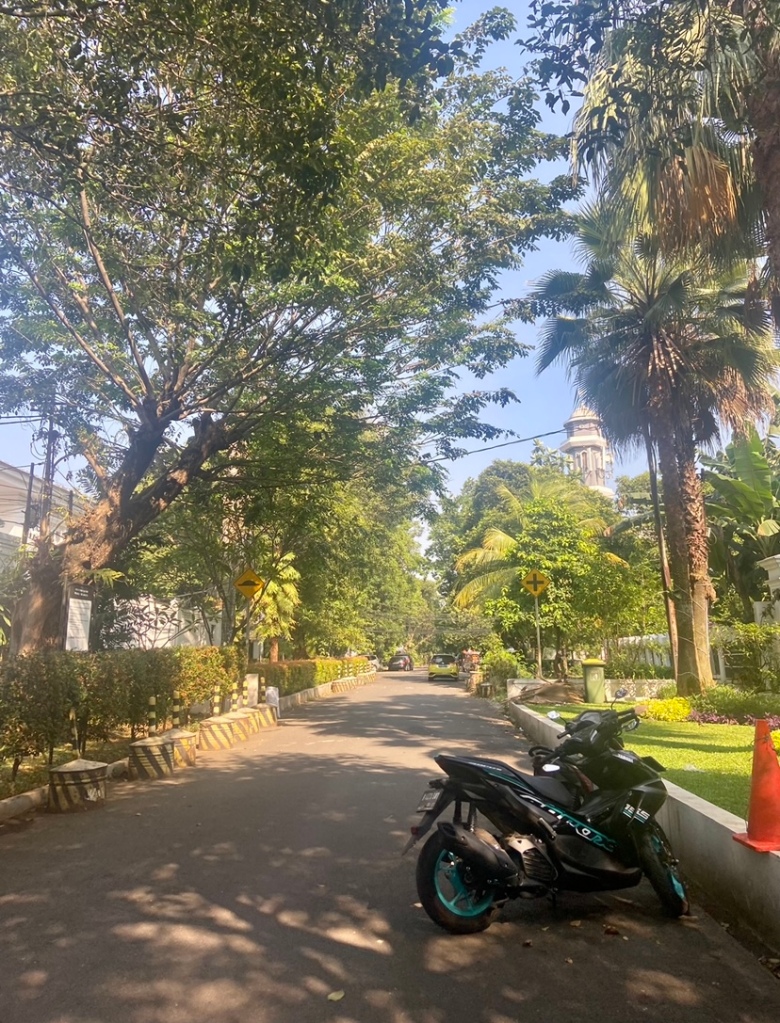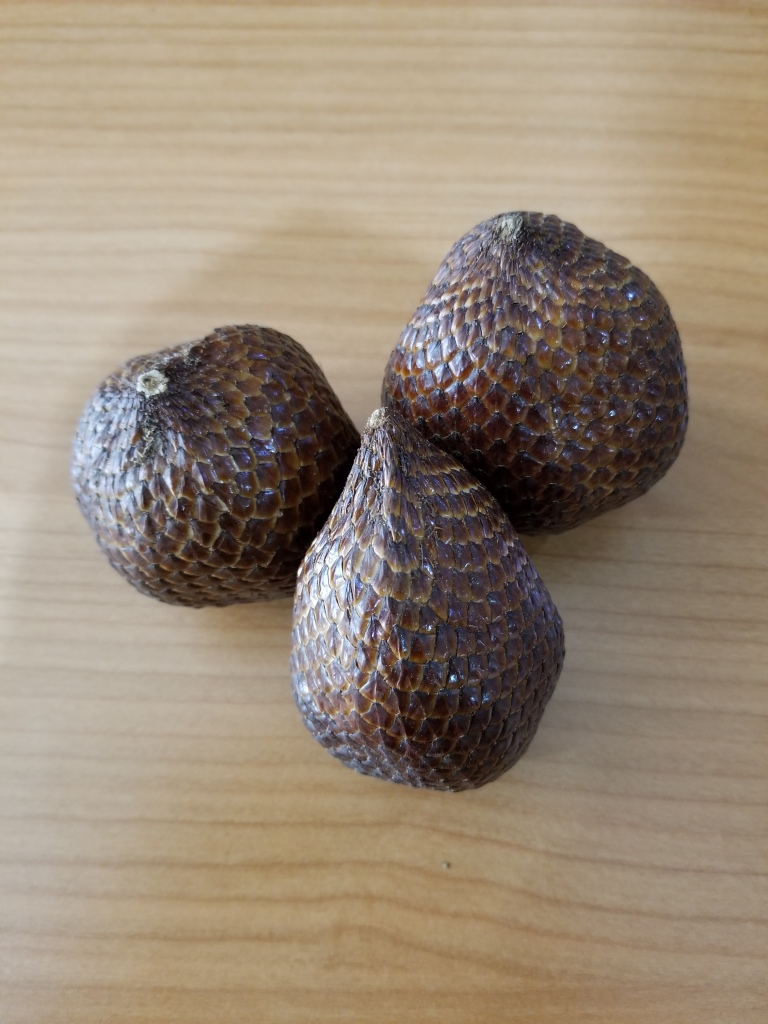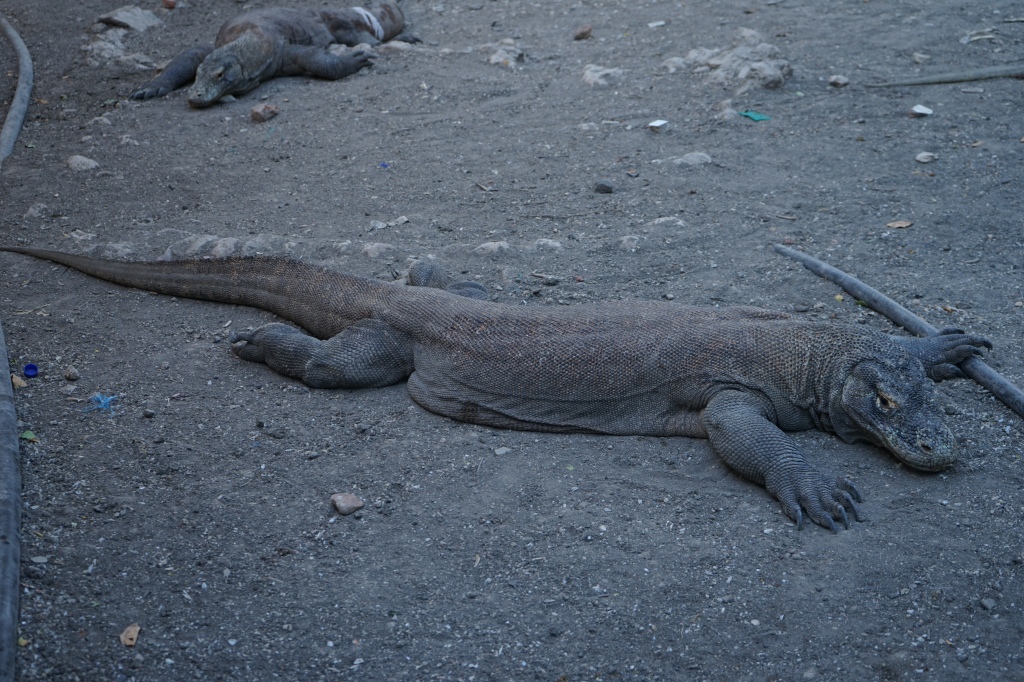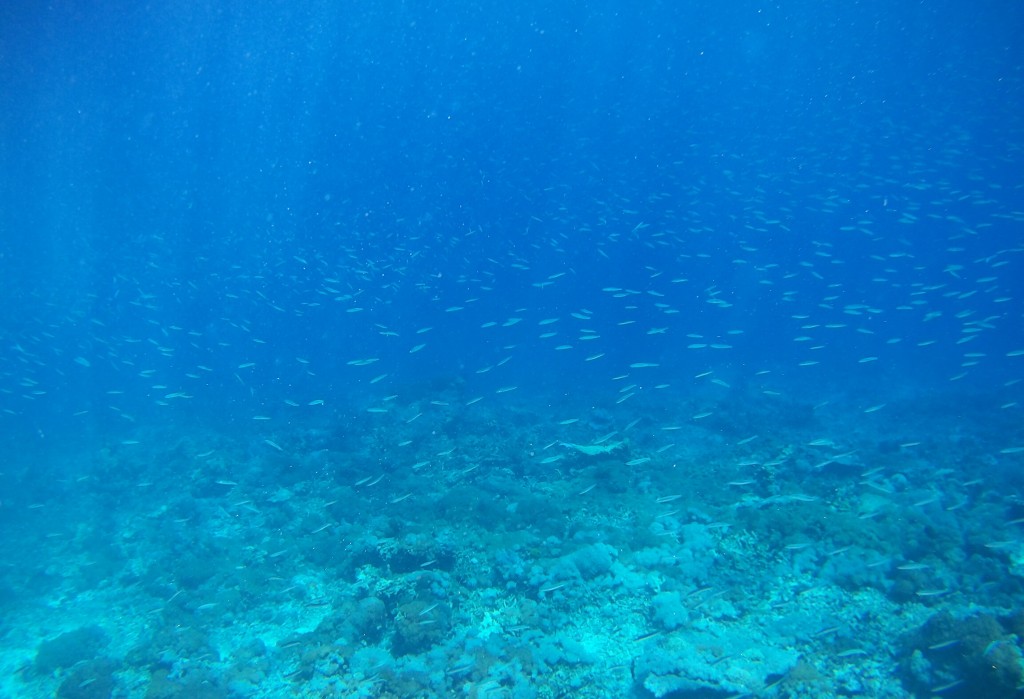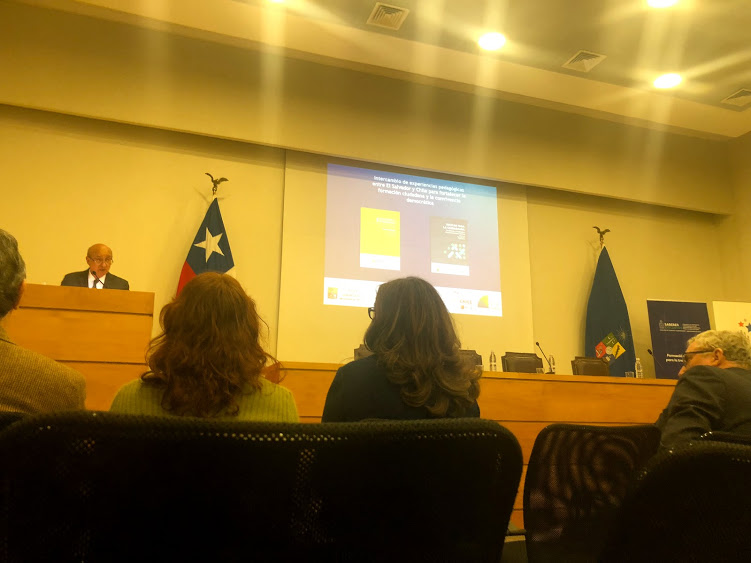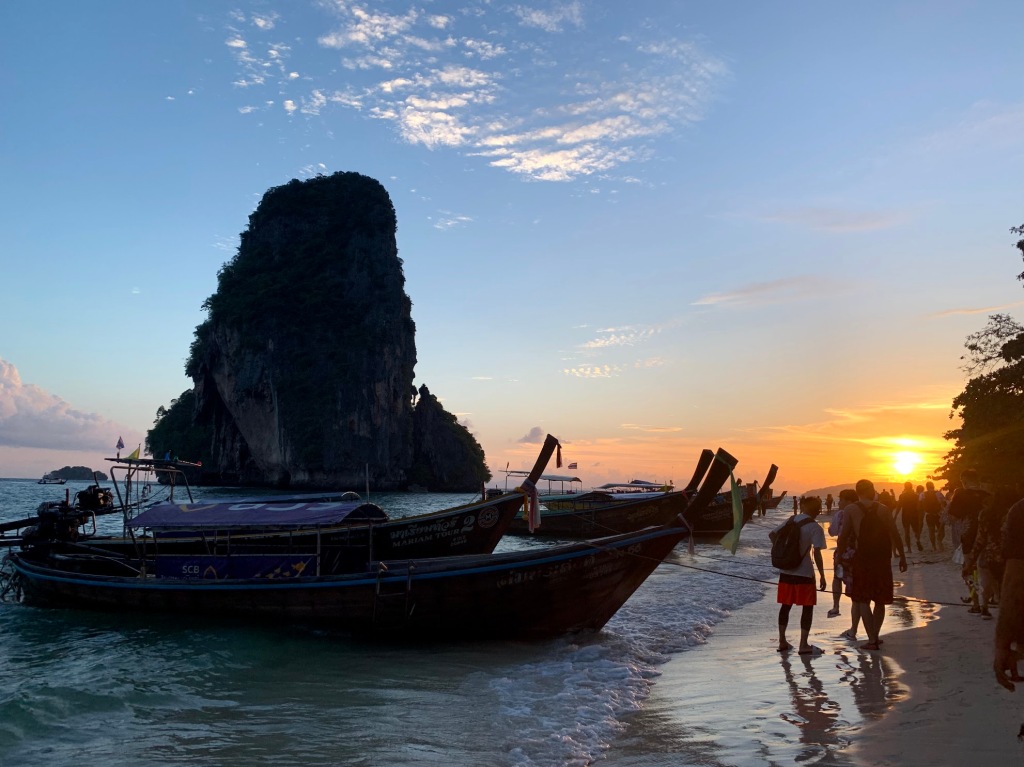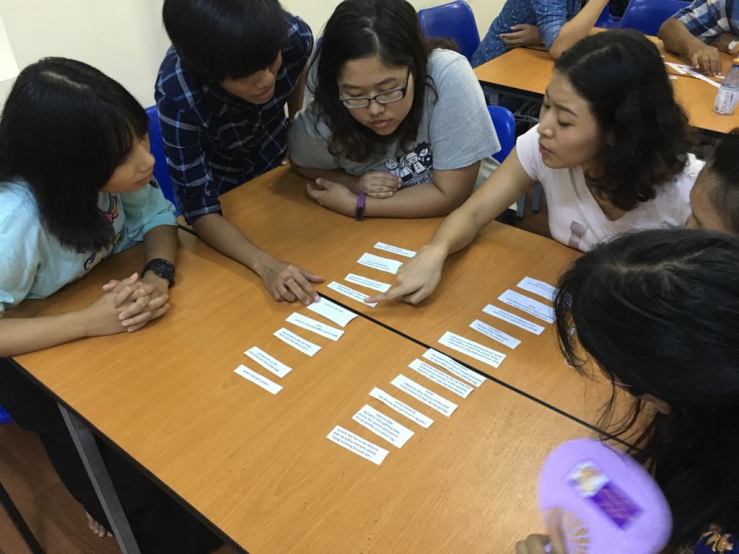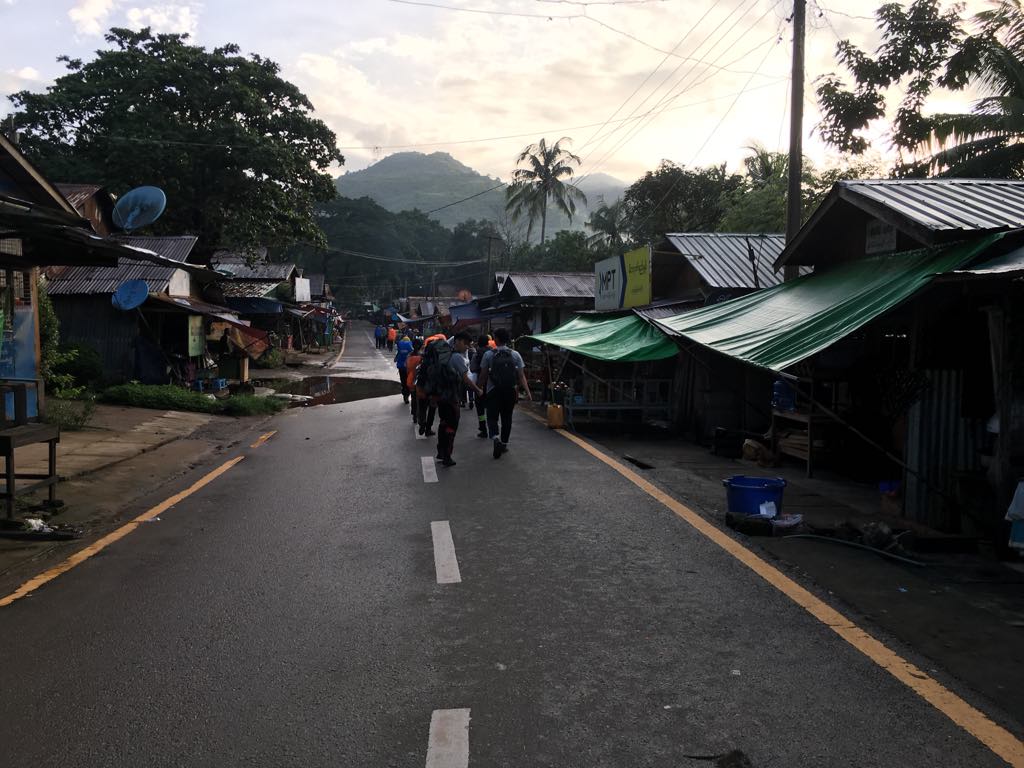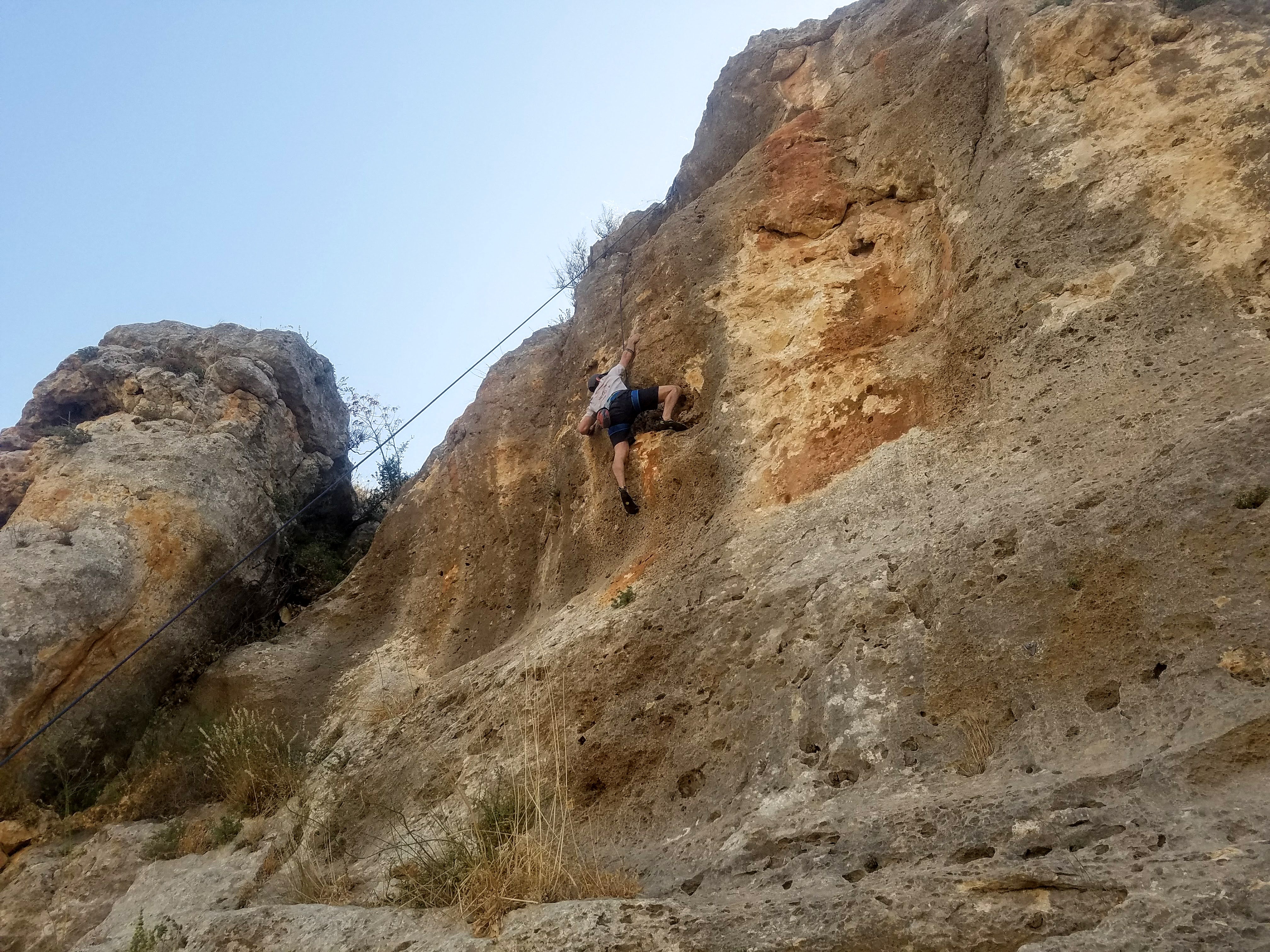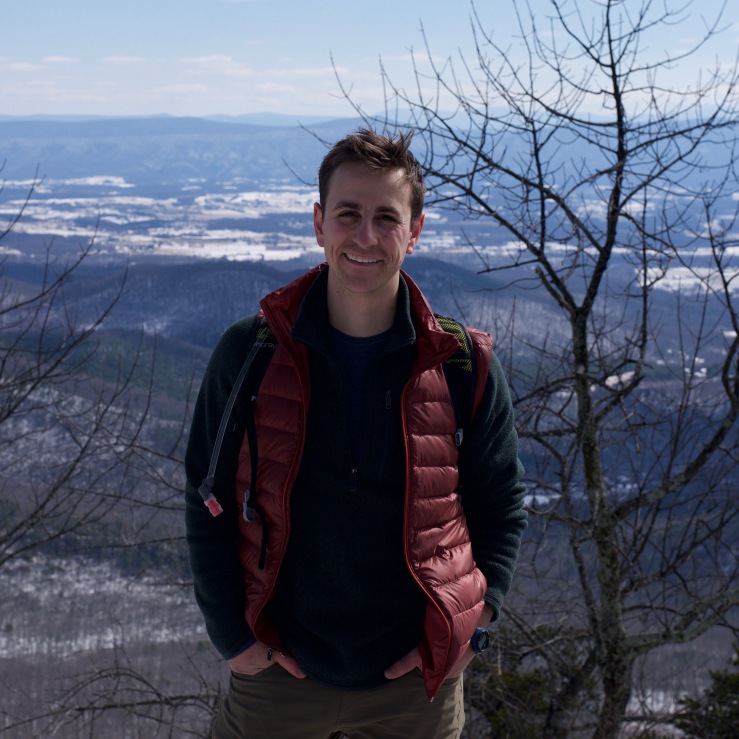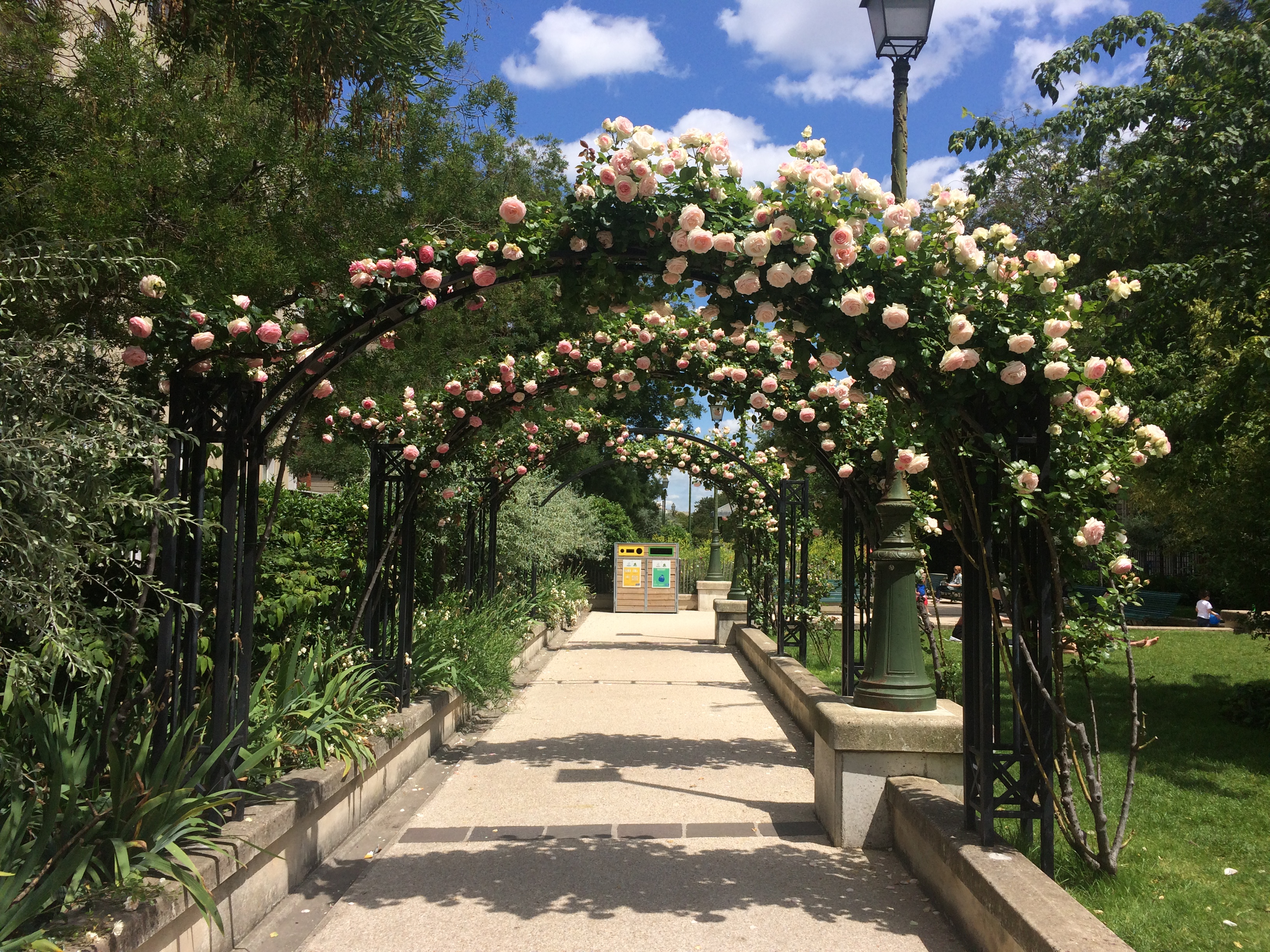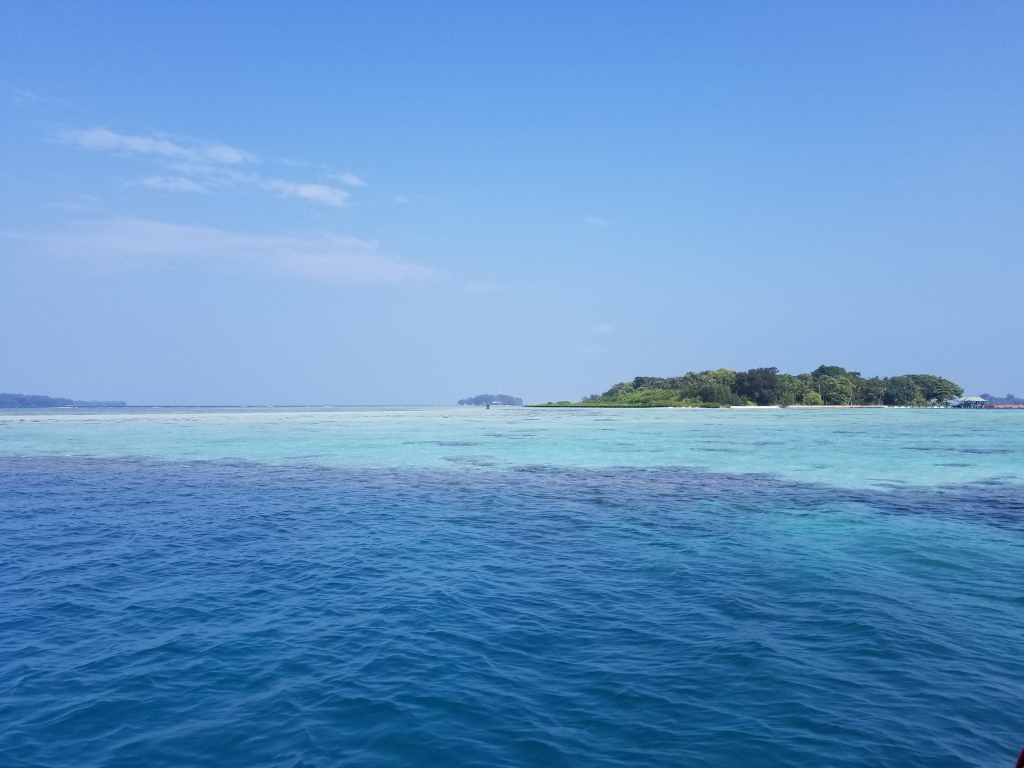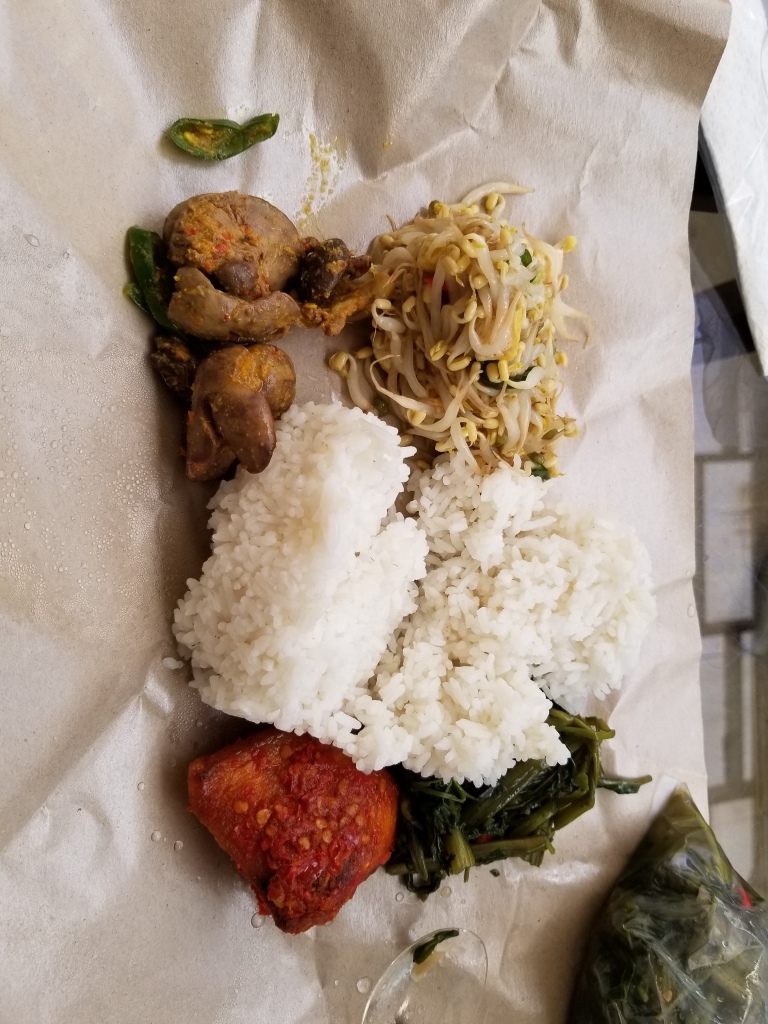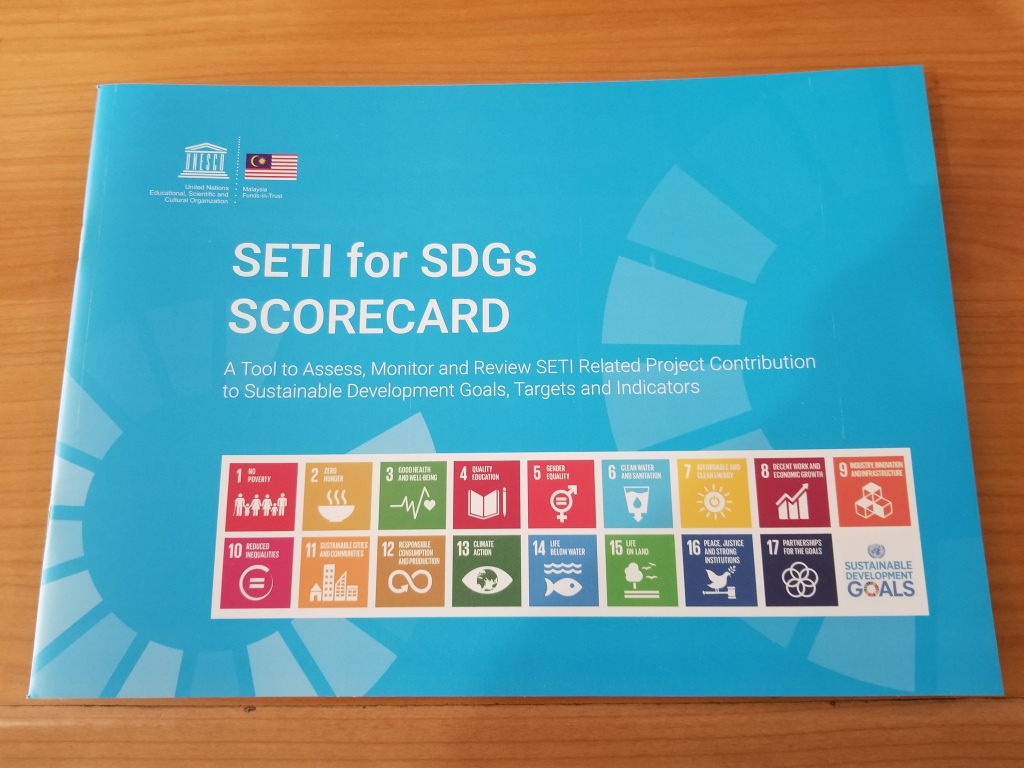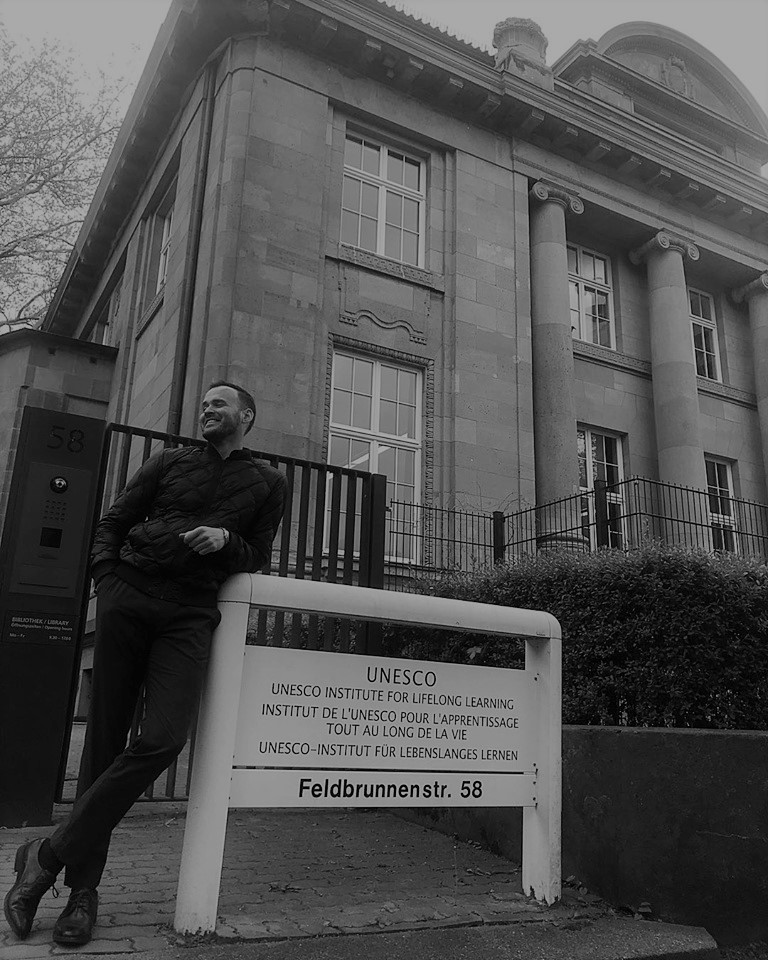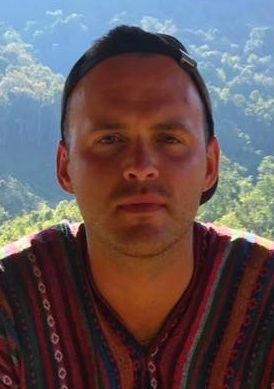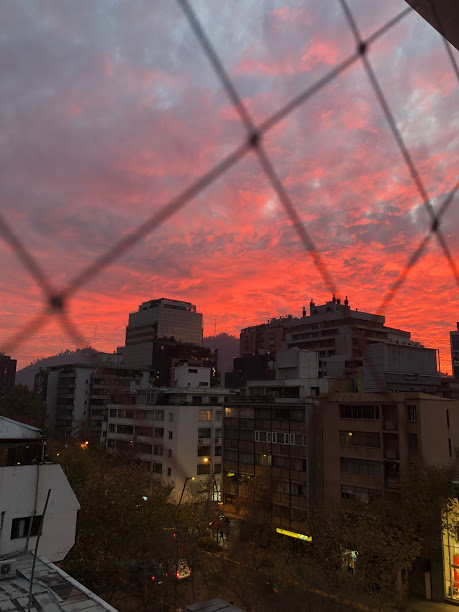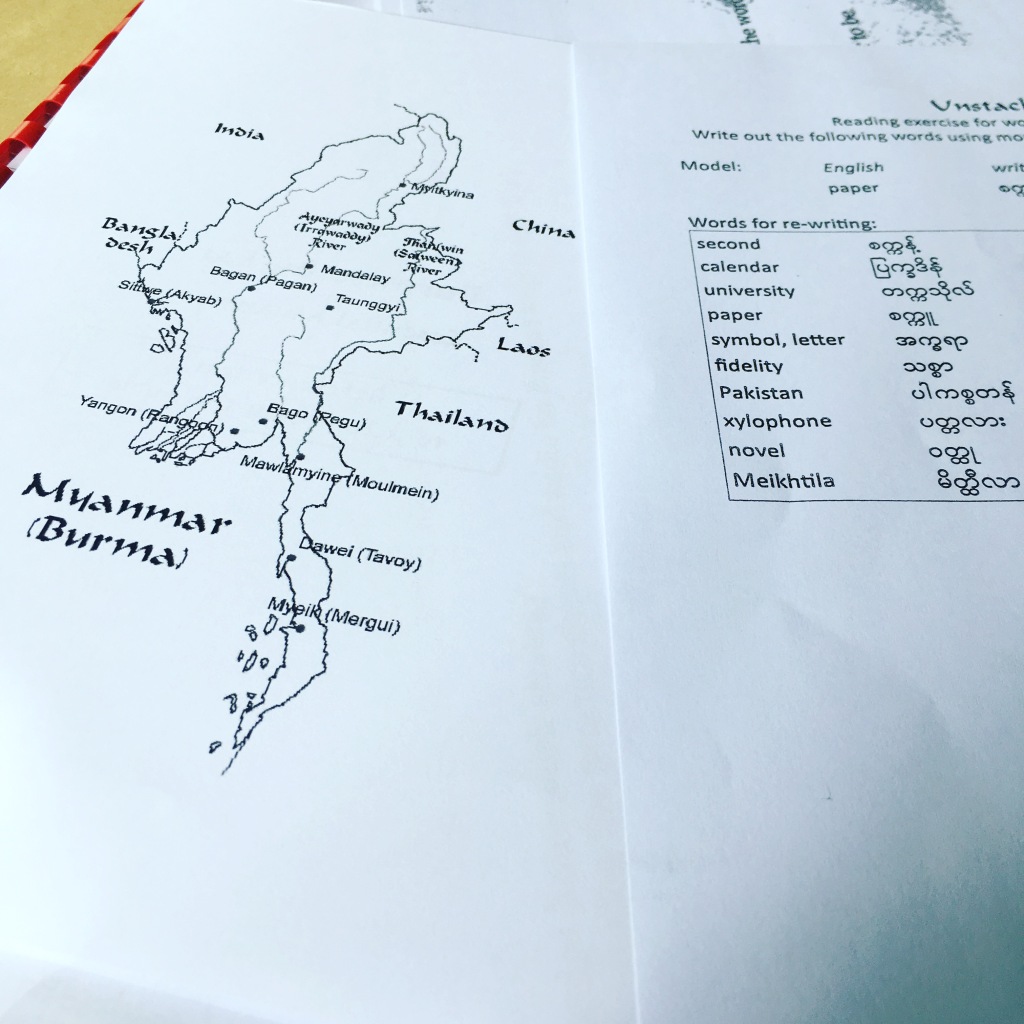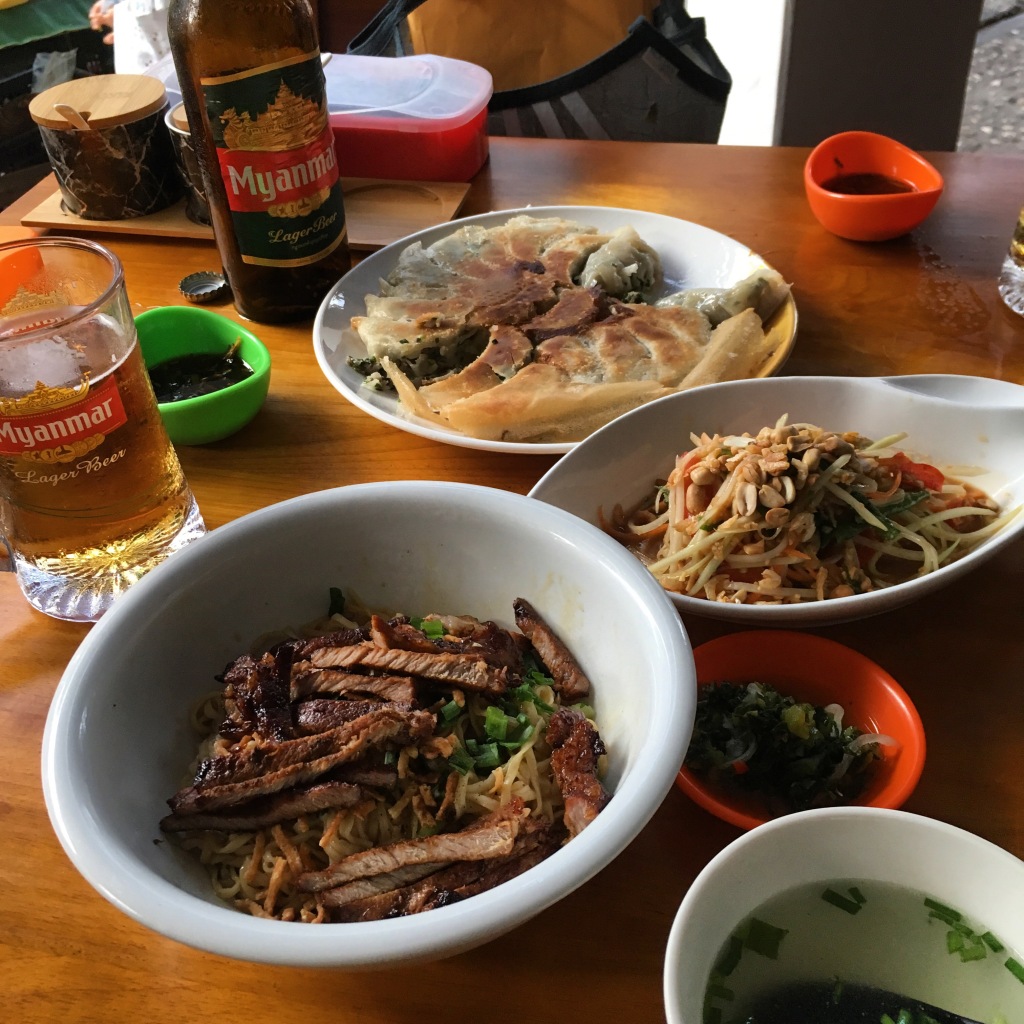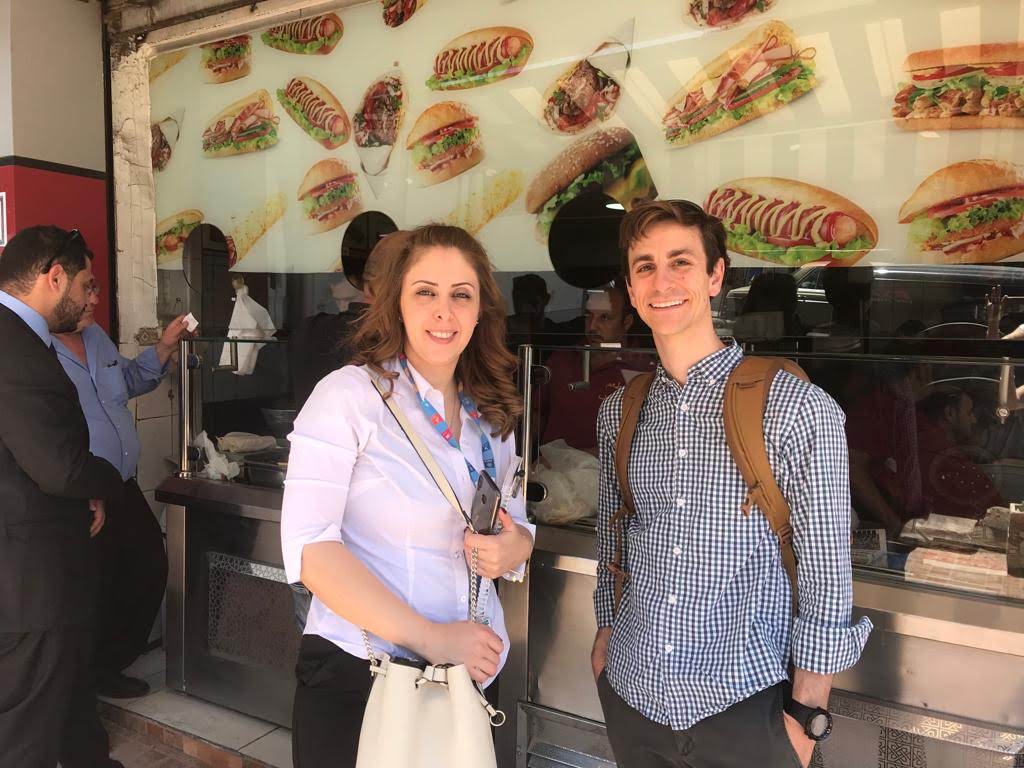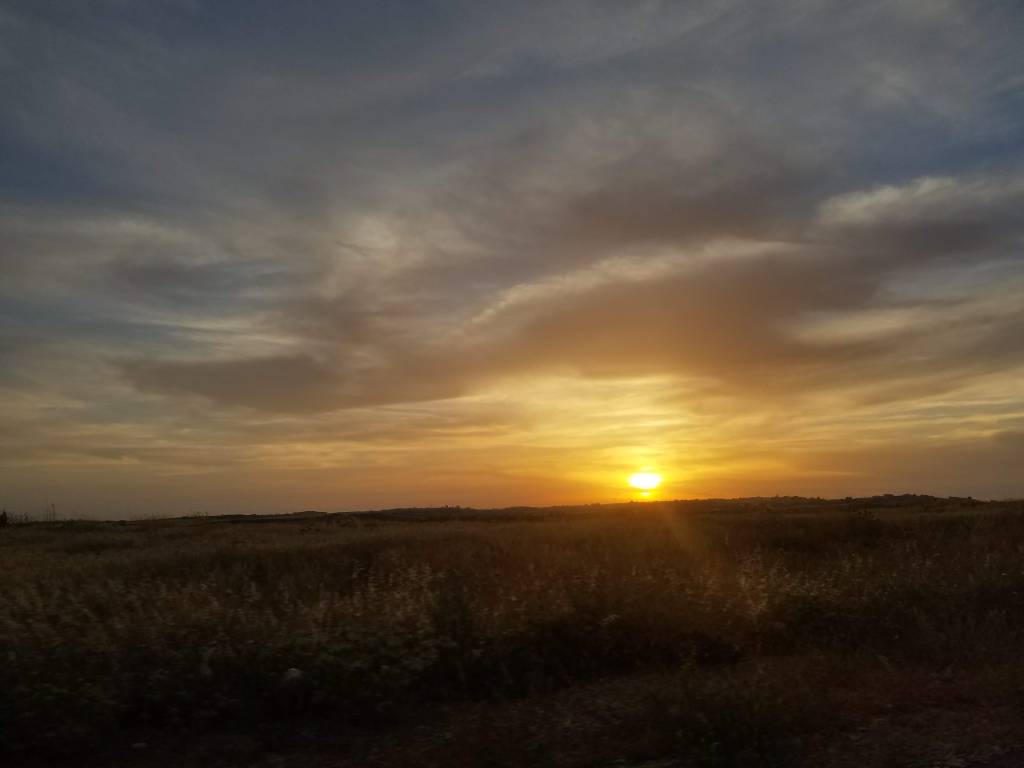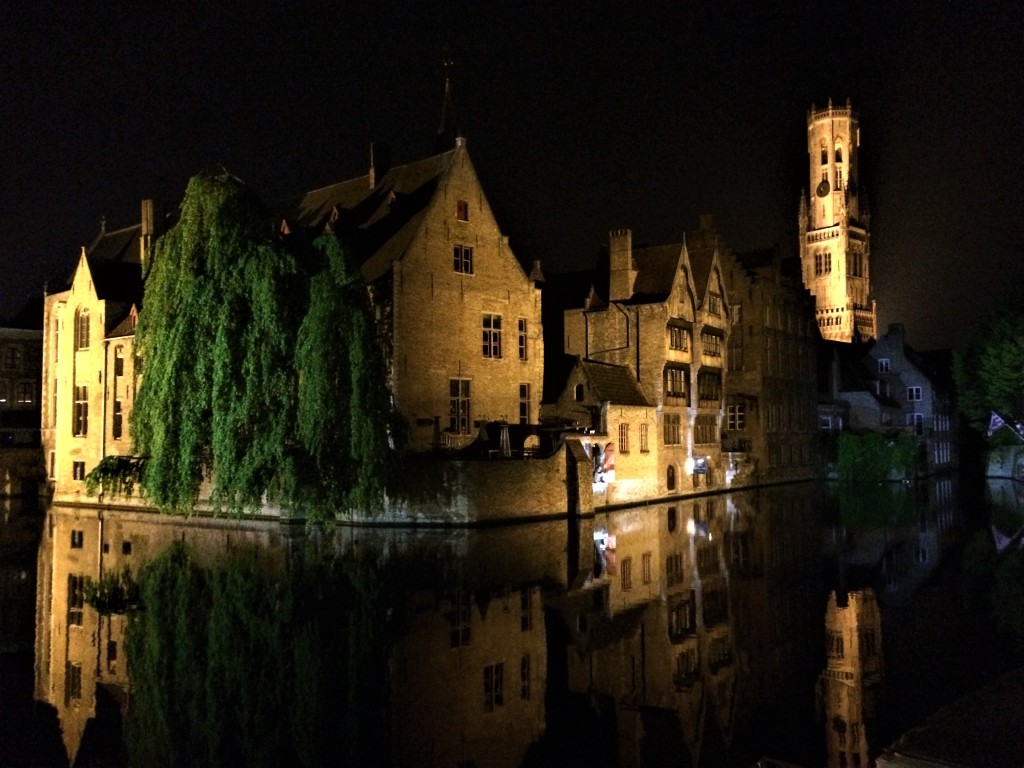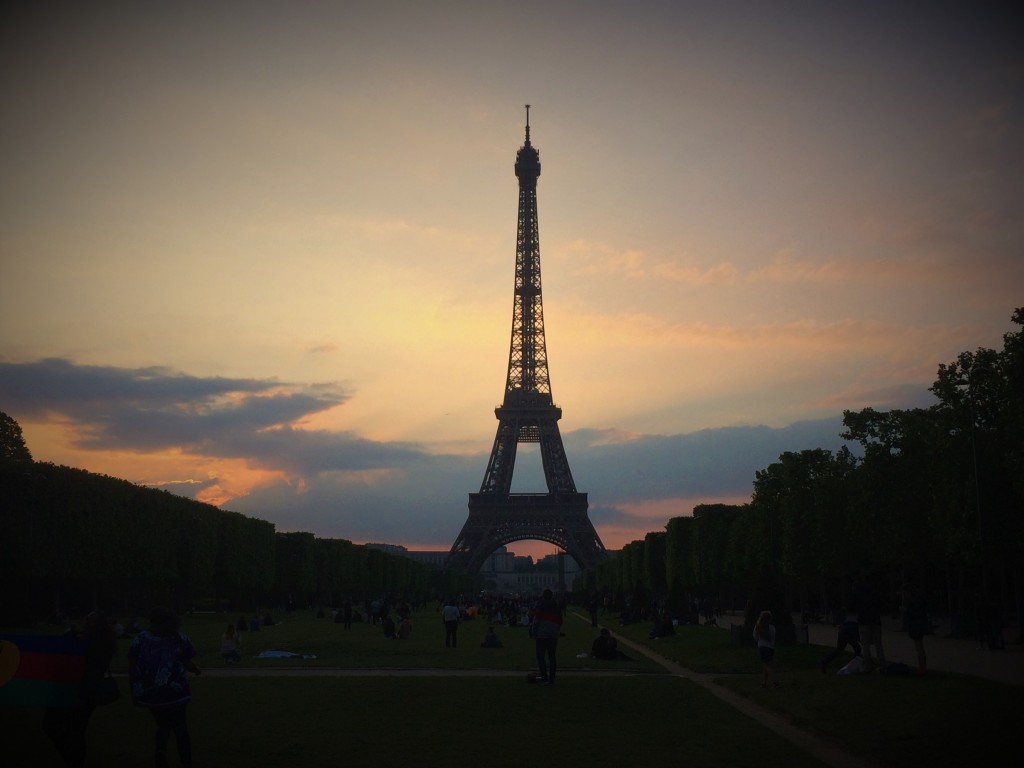Hello again! In my last post, I spoke about life at UNESCO and in Paris – events, meeting new people, and food. As fun as Paris is, UNESCO keeps life incredibly busy!
I have very much appreciated my experience because I have had the opportunity to be more involved with content creation that helps push forward and communicate UNESCO’s work within the Global Citizenship and Peace (GCP) Section to advance their efforts for transforming education that is based on peace and human rights.
For example, I have drafted concept notes and agendas for events on Global Citizenship education and addressing violent pasts. I have written talking points and created presentations for my Chief of Section on topics including Global Citizenship Education (GCED), Global Citizenship regarding Media and Information Literacy. I have drafted remarks for Senior Program Specialists on topics such as hate speech, GCED, and the Revision process of the 1974 Recommendation concerning education for international understanding, co-operation, and peace, and drafted welcoming remarks for the Assistant Director General for Education for a side-event at the Second Global Conference Against Racism and Discrimination.
One detailed example of my work is that I was tasked with creating the communication plan for a side-event the GCP section hosted at the Second Global Forum against Racism and Discrimination on their upcoming publication titled Unmasking Racism: guidelines for educational materials.
Below are tweets we posted for the event and the banner invitation I created to share with the public. There are news items that I will work on developing pertaining specifically to the publication once it is ready to be published.



I also am also currently working on news items regarding the 1974 Recommendation concerning education for international understanding, co-operation, and peace which is UNESCO’s legal instrument for education that was the first time peace, international understanding, human rights and fundamental freedoms were brought together in an education context at UNESCO.
The 1974 Recommendation is undergoing a very intensive revision process to reflect today’s most current issues. I am supporting this project mainly with helping manage the process with a team and the communication content. It is very exciting to be a part of this work that will help define UNESCO’s education stance and goals for the next 50 years.
Although there is a lot of work, I have found time to explore the city and see some sites!





I have been incredibly pleased with my experience at UNESCO in Paris. Headquarters is a hub teeming with ideas and high-energy. Everyone believes strongly in UNESCO’s mission to advance peace and my time here with the work I have done and people I have met has made me hopeful for my professional future. I only see bright horizons ahead.






